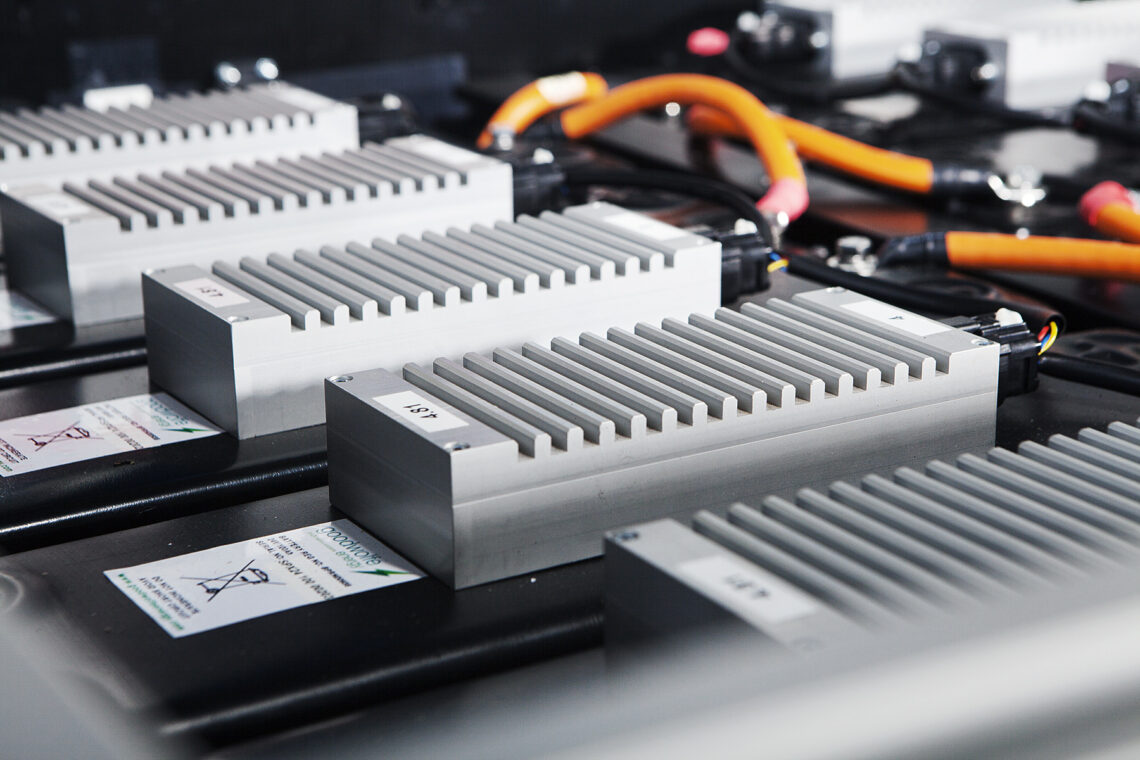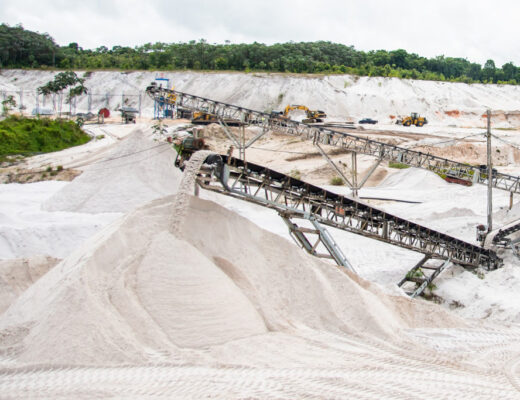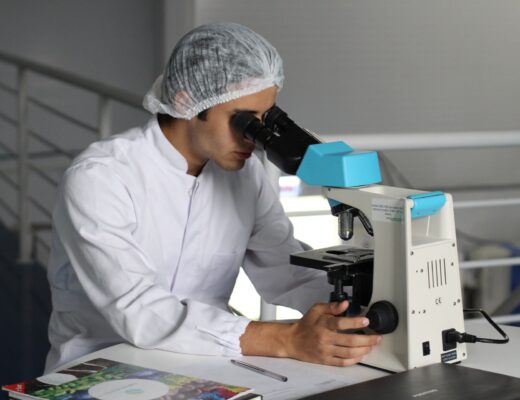Livium becomes the exclusive recycler of components for Wabtec
Livium, an Australian company specialising in battery recycling, is strengthening its market position. Through its subsidiary Envirostream Australia Pty Ltd, the company has signed an agreement with Wabtec Corporation. Under the agreement, Livium will focus exclusively on recycling lithium and nickel batteries.
Envirostream will recycle the batteries used by Wabtec in its FLX drive locomotives, which operate in the Pilbara region of Western Australia.
The agreement is for three years with an option to extend it to a further year. The deal gives Livium access to battery cells from Wabtec’s locomotive fleet. This significantly expands the company’s opportunities in the recycling market. Livium’s representative, Simon Linge, noted the broad prospects for cooperation. He also emphasised that the support of such an important partner creates confidence and interest among other potential customers. This, in turn, can contribute to new contracts and business expansion.
In terms of financial benefits, it is difficult to estimate at this stage. The contract does not specify a fixed volume of batteries to be recycled. However, the supply should increase as Wabtec’s locomotive fleet grows. The terms of the contract are as follows:
– payment for battery collection and recycling services;
– sale of mixed metal dust (MMD) and nickel metal hydride batteries from the recycling process;
– distribution of proceeds from the sale of components.
Shares in the Australian company rose 12.5% after the partnership was announced.
The agreement will enable Wabtec to reduce waste and slow landfill growth, which is a serious environmental problem. In addition, the recycling contract will help improve the lifecycle monitoring of locomotive components, which will, in turn, help optimise the use of the machines. The partnership will also be one of the steps towards building a circular economy.
Livium’s other plans
Livium is actively expanding its operations in Australia. At the end of 2024, it received A$850,000 for the construction of new facilities. The Government of Western Australia has provided this funding in the form of a grant to develop the recycling sector in the State. The funding is part of an infrastructure programme to reduce electronic waste.
According to Lynge, the government’s support will enable the development of the recycling sector. In addition, the construction of the new facility will create new jobs, which is a positive factor for the local economy. The plant will collect, sort, discharge, and temporarily store batteries. The waste will then be shipped to the company’s facility in Victoria.










